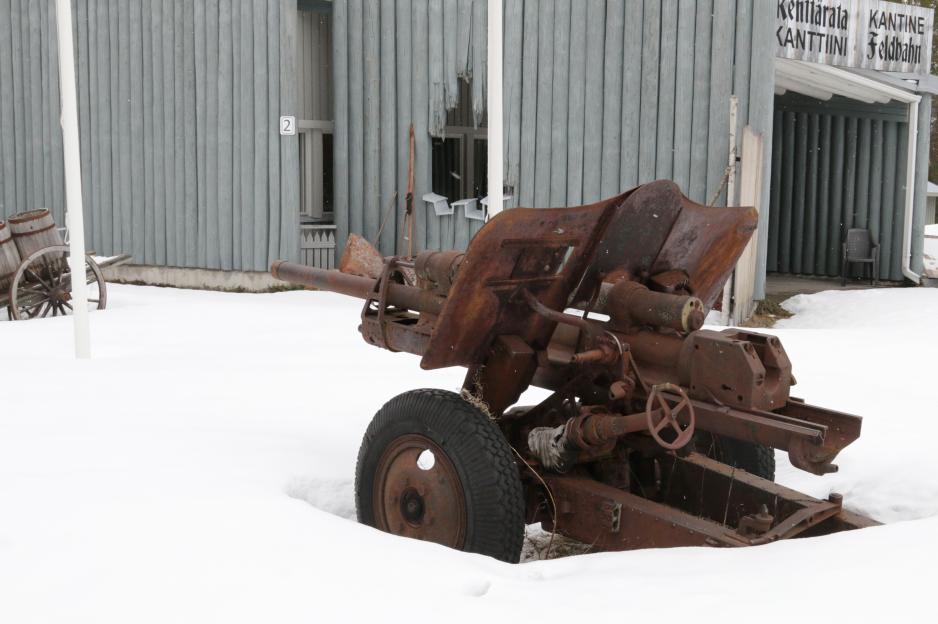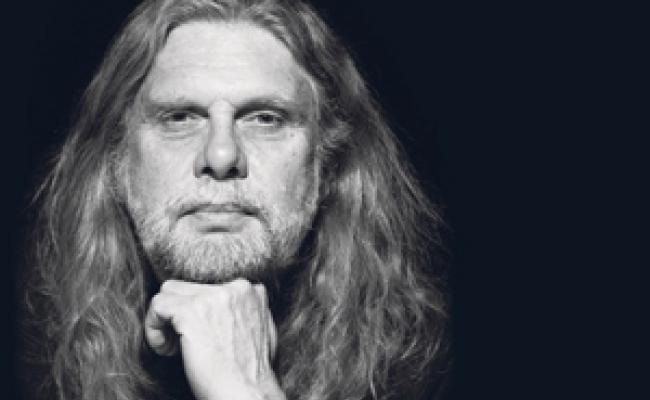Arne O. Holm says The War Kills the Climate and Starves People to Death

A war like the one Russia leads against Ukraine does not have historic parallel, although Finland’s war against Russia – the Winter War – still looms large over the debate in Finland. (Photo: Arne O. Holm)
Commentary: Russia and Putin’s war against Ukraine is a kind of madness that hits the world far beyond the reach of their respective missiles. The war leads to large-scale militarization of the Arctic, as well as to extreme famine further south. The former without opposition, the latter without any solution.
For decades, the Arctic has been defined as a peaceful region with cooperation apparently unaffected by other conflicts. There may be reasons to hold on to this, even though most dialogue forums between the East and the West have collapsed following the Russian invasion of Ukraine.
Cooperation has collapsed
That may be fatal. Because without dialogue there can be no predictability, while trust simultaneously crumbles and then vanishes altogether.
To most people, the Arctic Council is the most famous cooperation forum between the eight Arctic states. Not only the most famous one, but also the only meeting place between Russia’s foreign minister and his western colleagues following the annexation of the Crimea in 2014.
In addition to the Arctic Council, regional cooperation in the Arctic has collapsed. That applies for instance to the Barents Council as well as to the perhaps lesser known Northern Dimension, a cooperation between the EU, Russia, Norway and Iceland, and also to the Council of Baltic Sea States.
In sum, these have been political instruments that have supported and reinforced the Arctic as a peace project. They have been necessary bricks in a construction now shattered by bombs.
...bricks in a construction now shattered by bombs.
Norway leads the work
None of the aforementioned bodies have been shut down, but as Russia represents both the largest population as well as the largest land areas in the Arctic, work has come to a halt. According to the schedule, Norway is set to take over the chair of the Arctic Council next year, and is thus taking a lead in finding a way forwards.
Though not even Norway’s assuming the chair may be scheduled with 100 percent certainty. Russia will probably do what it can to block an Arctic Council in which it is not allowed to participate, while the seven other Arctic states may try and move up the leadership transition in order to faster commence work on establishing an alternative to the current eight-state cooperation in the Arctic.
This happens based on Russia’s attack on Ukraine and therefore also during a period in which it is hardly possible to ask critical questions about a military armament that stands in sharp contrast to the traditional message of peace.
Using Norway as an example is easy. Three billion Norwegian kroner, the equivalent of some 300,000 Euros, have been granted to the Norwegian Armed Forces in an extra allocation without any specific directions on how to spend the giant military budget increase.
The debate about Finnish and Swedish NATO membership has been more thorough, yet primarily fueled by fear.
As is quite natural.
Cynicism will push its way into the debate
Back in Norway, a potential debate is hampered by a futile attempt by the Red Party to shut two democratic countries – Finland and Sweden – out from the alliance.
Feelings and cynicism
When feelings are no longer the main tool of management, when cynicism necessarily has pushed its way into the debate about what may be a very long-drawn war in Ukraine, we will once again be reminded that the climate, not war, is the main threat to the Arctic. And that a war reinforces the global climate footprint in the High North.
Just like a war also reinforces an already extreme famine in more southern latitudes.
War kills the climate and it starves people to death.
At some point, these perspectives need to be included in a difficult and challenging debate about the Russian war on Ukraine.
Also read
This commentary was originally published in Norwegian and has been translated by HNN's Elisabeth Bergquist.


